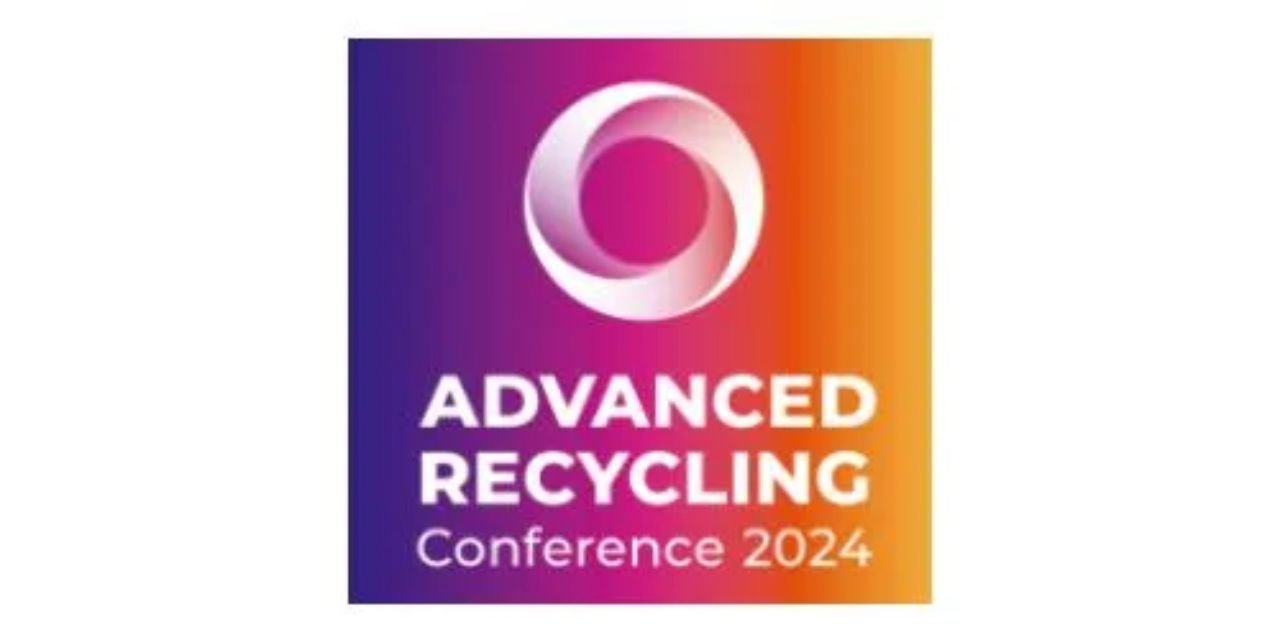Almost 270 delegates attended the Advanced Recycling Conference (ARC) in Cologne on 20-21 November 2024 – the leading advanced recycling conference in Europe
Hürth, 28 November 2024:At the Advanced Recycling Conference 2024, which took place in Cologne and virtually on November 20–21, 2024, speakers from top businesses and academic institutions discussed the present and potential future of advanced recycling technologies, such as pyrolysis, gasification, depolymerization, and the new star, dissolution. Attendees gave the conference excellent reviews, praising the wide range of detailed, excellent material that was offered. Many emphasized the priceless networking opportunities, which they said were essential in a sector that was changing quickly. Many attendees commented that the event had surpassed their expectations.
From dissolution to multi-faceted strategies
Dissolution was examined in relation to various materials, including ABS and PC (e.g. Trinseo, Netherlands, and ReSolved Technologies, Netherlands), PE and PP (e.g. PureCycle, Belgium, and Reventas, UK), PS (e.g. Polystyvert, Canada), and PVC (e.g. INEOS Inovyn, Belgium). Dissolution is acknowledged as a promising solution for advanced recycling. These technologies provide recycling paths that are more energy-efficient and shorter.
But a crucial lesson emerged from the panel talks and audience interactions: no one technology can address every issue. To satisfy the various demands of advanced recycling, a multifaceted strategy is still necessary.
Industry professionals are investigating cutting-edge recycling technology to handle complex waste streams as plastic trash continues to pose a threat to the sustainability of the global environment. Outi Teräs from Neste (Finland) emphasized in her presentation the necessity of chemical and physical recycling to handle all plastic waste streams that are not amenable to mechanical recycling.
The challenges of mechanical recycling
PET mechanical recycling, which is widely accepted throughout Europe, especially in Germany, thanks to programs like the bottle deposit program, was brought to light at the Advanced Recycling Conference. Although efficient, this approach has major drawbacks when handling complicated waste streams like textiles and mixed plastics. These materials are extremely difficult to mechanically recycle, and the resultant recycle is not acceptable for contact-sensitive applications from a process standpoint.
Advanced depolymerization technologies have been emphasized as viable remedies in light of these constraints. There is a lot of promise for handling complex PET waste streams with innovations based on solvolysis (DePoly in Switzerland), solid-state hydrolysis (Matterr in Germany), and enzymolysis. By effectively dissolving PET into its monomers, these methods make it possible to produce recycled PET of pristine grade.
These cutting-edge procedures are thought to be the best options for fulfilling required recycled PET content targets since they provide a means of enhancing recycling rates and quality in situations when conventional techniques are insufficient.
Pyrolysis as an important recycling route
Pyrolysis, although a longer and more energy-intensive process route than dissolution methods, has emerged as an important recycling route for polyethylene (PE) and polypropylene (PP) waste, particularly for the production of virgin quality recycled polymers suitable for contact-sensitive applications. Its ability to handle diverse waste streams and produce high-quality outputs makes it an essential complement to mechanical recycling.
A notable example is the collaboration between Austrian companies Borealis and OMV, which demonstrates an integrated business model combining pyrolysis and mechanical recycling. OMV’s new demonstration plant with a capacity of 16,000 tonnes per year has recently started operations, and plans are underway for a commercial-scale plant with a capacity of 200,000 tonnes per year by 2028.
Recent advances are further optimising pyrolysis and other thermochemical technologies, with a focus on improving robustness, energy efficiency, yields, product quality and economic performance. For example, AES Autonome Energiesysteme (Germany) is expanding accessibility with small-scale pyrolysis plants, enabling wider adoption. Mura Technology (UK) has developed a process that is tolerant to organic impurities, eliminating the need for pre-drying, while Aduro Clean Technologies (Canada) aims to achieve higher quality outputs without the need for hydrotreatment, significantly shortening the recycling process route.
These innovations demonstrate the growing potential of pyrolysis to address complex plastic waste streams while driving progress towards a circular economy.
The future of advanced recycling in Europe
In the midst of the economic crisis facing Europe’s chemical and plastics industries, advanced recycling offers a compelling opportunity to defossilise the sector and attract much-needed investment. During the session on “Markets, Investment and Financing”, experts examined Europe’s position in this transformation. They highlighted that while European companies may struggle to compete with China in virgin polymer production, a strategic shift to advanced recycling could provide a competitive advantage. By using imported plastic waste as a feedstock for a new, circular chemical industry, Europe could establish itself as a leader in sustainable innovation, fostering resilience and economic growth in the sector.
Faced with the challenges of global market pressures and supply chain vulnerabilities, experts stressed the importance of promoting regional solutions. In his presentation, Gerben Hieminga of ING Group N.V. (the Netherlands) stressed that developing more localised value chains could be an effective solution to reduce dependence on and pressure from international markets.
Marc Spekreijse of Circular Plastics (The Netherlands) pointed out the high revenues the Commission receives from the levy on non-recycled plastics, which is regulated differently in each Member State and is far higher than the additional costs of recycled plastics.

